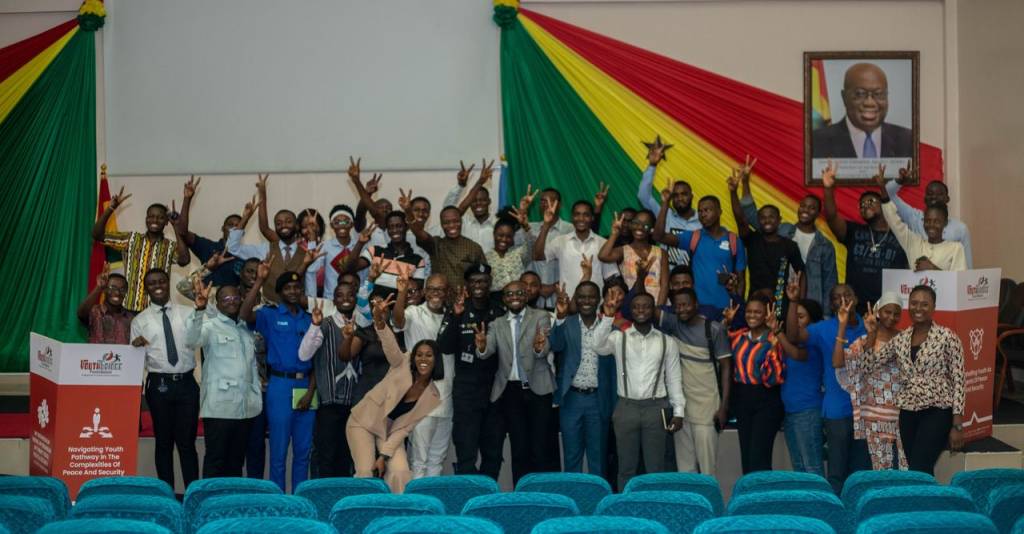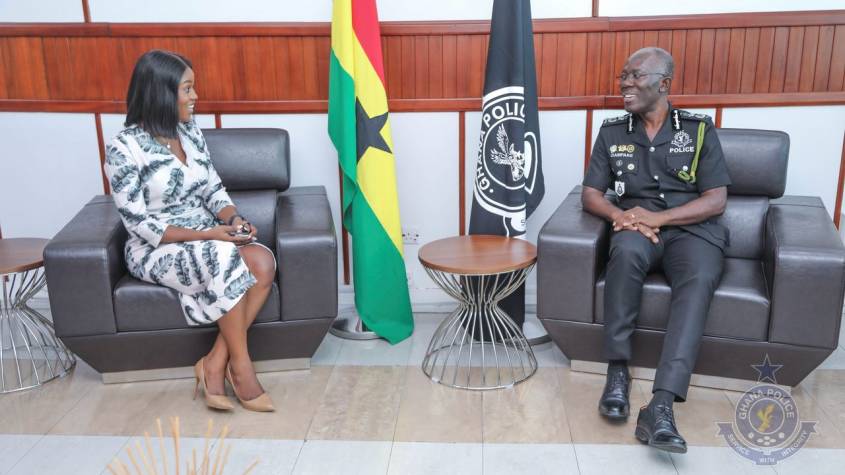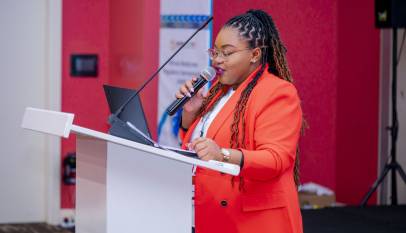Youth Bridge Foundation Harps on Youth Inclusion in Africa’s Peace and Security
Stakeholders in Ghana are intensifying efforts to empower young people as key actors in conflict prevention, peacebuilding, and sustainable development vis-à-vis Africa’s growing youth population, which presents both an opportunity and a challenge for the continent’s peace and security.

At the forefront of this effort is the Ghanaian Youth Bridge Foundation (YBF), whose recent Youth, Peace and Security (YPS) Public Lecture and Dialogue Series convened experts, policymakers, security officials, and youth leaders who explored practical strategies for fostering youth-inclusive peacebuilding efforts and the need for African governments to institutionalize youth participation in security governance.
George Amoh, Executive Secretary of Ghana’s National Peace Council, emphasized the urgent need to integrate young people into Africa’s security framework in the interest of collective responsibility for maintaining peace and stability. “Peace has become a vital commodity in our world today,” he said.
According to the United Nations Security Council Resolution 2250 (UNSCR 2250), young people must be viewed not as mere victims of conflict but as proactive agents of peace, in alignment with the African Peace and Security Architecture (APSA), which prioritizes youth participation in conflict prevention, crisis management, and post-conflict reconstruction. Despite these frameworks, youth remain largely excluded from decision-making spaces.
Dr. Hakim Williams, a U.S. Fulbright Scholar, who facilitated a session on restorative justice and decoloniality at the Foundation’s YPS public lecture, decried the persistent exclusion of young people in peace dialogues, despite their disproportionate exposure to violence, political instability, and social unrest.
“Young people are frequently ignored in critical peace discussions, despite being the primary victims of violence, conflict, and political instability. They endure the harsh realities of unrest, yet their voices are often sidelined in decision-making processes that directly impact their future,” he noted.
Dr Williams also decried the rising incidences of campus-related violence and its spillover into broader society and advised youth on how best to navigate the complex path to peace, proposing a shift toward restorative justice mechanisms rather than punitive ones. “Conflict is inevitable, but violence is not. Are the growing on-campus conflicts in Ghana’s tertiary institutions signals enough to trigger worry about increasing youth participation in conflict?”
Discussions at the lecture underscored the need for security agencies to adopt a youth-friendly approach to conflict resolution, proffering open communication between students and security forces as a means to mitigate tensions as well as more structured dialogue between young people and traditional governance systems, considering the crucial role customary leaders play in fostering peace processes.
Beyond the lecture, YBF is advocating for institutionalized youth dialogues on peace and security, adding that plans were underway to decentralize peace dialogues across Ghana’s regions and university campuses, in collaboration with the National Union of Ghana Students (NUGS) and University Students Association of Ghana (USAG). Additionally, the Foundation said it was developing educational audio-visual material to promote peacebuilding among young people and foster youth inclusion in policymaking from formulation to evaluation.
Participants at the public lecture included student leaders, security officials, and governance experts, including a representative from the Kofi Annan International Peacekeeping Training Centre (KAIPTC) who emphasized the need for a youth-inclusive, multi-stakeholder approach to conflict prevention.
The event concluded with a call for governments, civil society, and international partners to prioritize youth participation in peacebuilding; failure to do which the cycle of violence and instability will persist. The Youth Bridge Foundation believes that sustainable peace in Africa requires recognizing young people as equal partners in governance and security, ensuring that their insights, experiences, and aspirations shape policies and interventions aimed at building a more peaceful and resilient continent.














